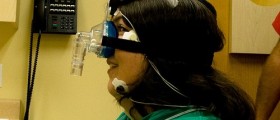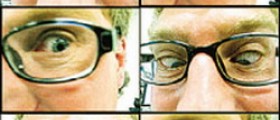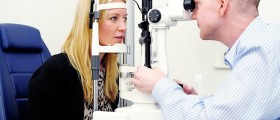For years now when I stand up my vision will go almost or completely black and I'll get dizzy. It's not right when I stand, it's usually after I walked a few feet. At first I thought I had low blood pressure but the doctor said mine was normal. And it doesn't matter if I stand up fast or slow but it usually happens after I've been sitting a while. Recently they've been worse. Before I could keep walking because I could see a little or I wasn't that dizzy. But now usually I have to hold the wall or sometimes even sit. It used to only last for a few seconds but now it usually lasts for longer like 15 seconds maybe (I haven't counted). Just now I got up and my vision went black, I leaned on the doorframe, but then my legs and arms started shaking and I thought I was going to pass out. What is it because I think my blood pressure is fine?
Loading...
Hello Carly,
your symptoms definitely sound like they are caused by low blood pressure and just one measurement might not be enough to completely rule this out as a potential cause. Your blood pressure varies depending on how much water or liquids you drink, the food you eat, your salt intake... etc.
However, if these problems when standing up are happening to you consistently and blood pressure gets definitely ruled out as a possible cause, than you might want to see a neurologist and possibly do head imaging, to see if your balance control is OK, as well as other possible things,
Wish you all the best,
Nicole
Loading...
Loading...
Hello, guys.
What you're describing sounds like orthostatic hypotension. Orthostatic hypotension is a condition characterized by a sudden drop in blood pressure when transitioning from a seated or lying position to standing. This can result in symptoms like dizziness and temporary darkening or loss of vision.
The etiology can be multifaceted. Dehydration, for instance, reduces blood volume, which can predispose one to such drops in blood pressure. Certain medications, especially antihypertensives, cardiac drugs, and specific antidepressants, can also induce this condition.
Prolonged bed rest is another factor that can contribute to orthostatic hypotension, as the body may become unaccustomed to the gravitational shift associated with standing. Furthermore, certain medical conditions, such as Parkinson's disease, diabetes, and some types of neuropathy, have been associated with a heightened risk of experiencing orthostatic hypotension.
To manage this phenomenon, it's recommended to change positions gradually, allowing the body's vascular system to adjust. Maintaining proper hydration, especially in situations like elevated temperatures or after physical exertion, can also be beneficial. If the condition is recurrent, it may be advisable to exercise caution in environments where fainting could lead to injuries.
Loading...

















